Our inclusive language liturgies set the structure and theme of Sunday morning worship. All liturgies are written by the Celebration Circle Mission Group.
Feel free to use what is helpful from these liturgies. We only ask that when substantial portions are abstracted or used in a written work, please credit Seekers Church and cite the URL.
2019 Pentecost Liturgy
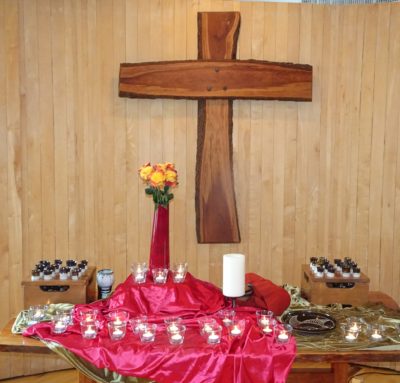 GATHERING
GATHERING
ENTRANCE
REFLECTION
We are the vessels of God’s voice, her words blowing through us, bidding us to tell the tales that only we can speak.
Jan L. Richardson, In Wisdom’s Path
2019 Easter Liturgy: The Marks of God
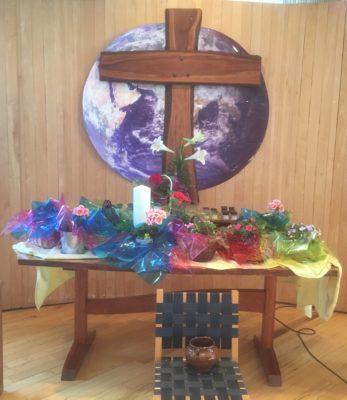 GATHERING
GATHERING
ENTRANCE
REFLECTION
Being in the world and loving one another…exposes us to wounding, to the giving and receiving of pain. Christ’s wounds … underscore the depth of his willingness to enter into our loving in all its hurt and hope and capacity for going horribly wrong. In wearing his wounds—even in his resurrection—he confronts us with our own and calls us to move through them into new life.
Jan Richardson, “Easter 2: The Illuminated Wound” at http://paintedprayerbook.com/2011/04/24/easter-2-the-illuminated-wound/
2019 Lent Liturgy: Citizens of the Empire of God
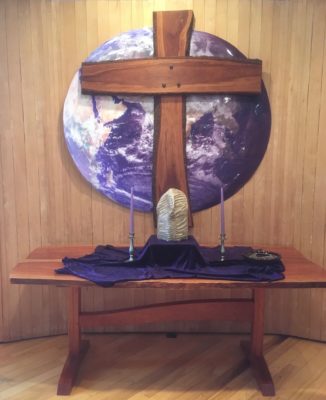 GATHERING
GATHERING
ENTRANCE
REFLECTION
In the Empire of God, the means to life are offered to all freely, as a gift, regardless of what has been earned.
The God of Jesus: The Historical Jesus and the Search for Meaning
Stephen J. Patterson, p. 145
2019 Epiphany Liturgy: Witnessing the Goodness of God
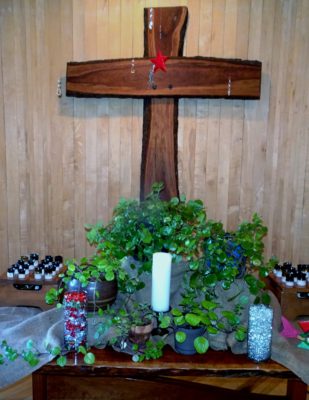 GATHERING
GATHERING
ENTRANCE
REFLECTION
We should be astonished at the goodness of God, stunned that [God] should bother to call us by name, our mouths wide open at [God’s] love, bewildered that at this very moment we are standing on holy ground.
Brennan Manning, The Ragamuffin Gospel: Good News for the Bedraggled, Beat-Up, and Burnt Out, p. 102
2018 Advent Liturgy : What Do We Expect?
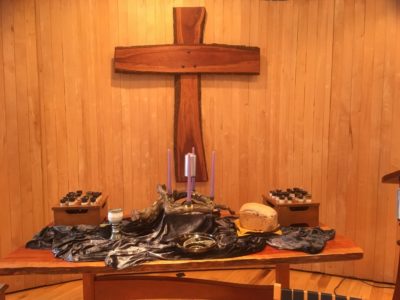 GATHERING
GATHERING
ENTRANCE
REFLECTION
[T]he experience of mystery comes not from expecting it but through yielding all your programs, because your programs are based on fear and desire. Drop them and the radiance comes.
Joseph Campbell, Thou Art That: Transforming Religious Metaphor, p. 24